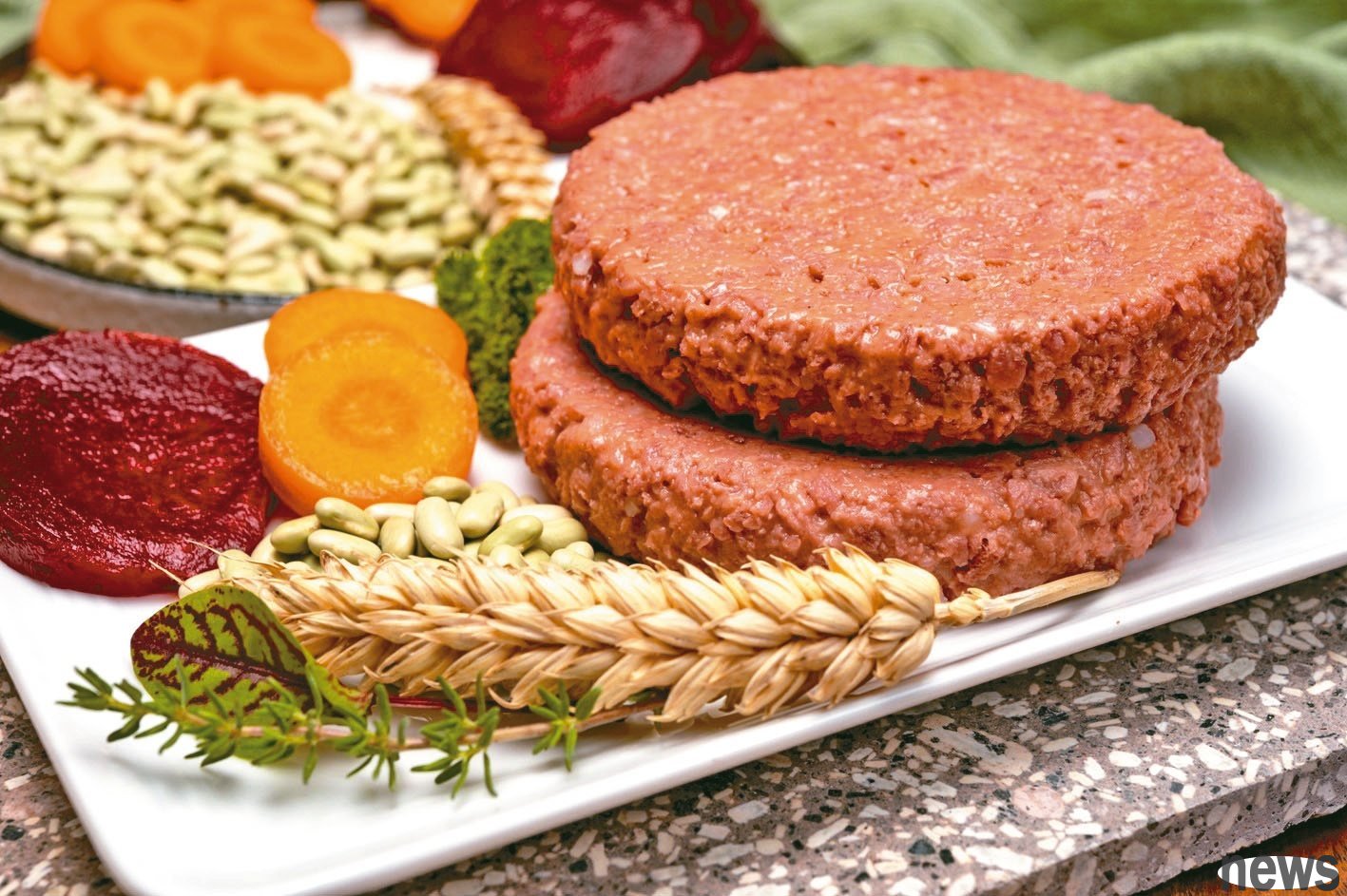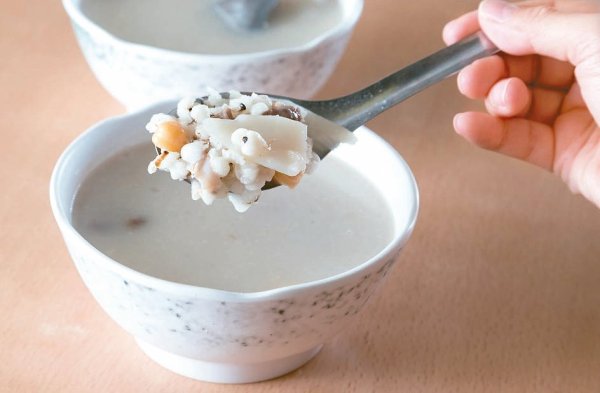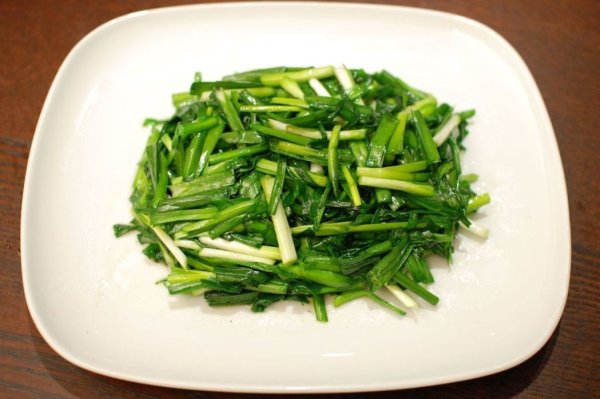Is plant meat nutritious? Pay attention to 4 major health concerns: Eating too much may increase cardiovascular risk

Vegetarian "plant-based meat" cuisine is gradually becoming more and more popular. Various dishes made with plant-based meat can be easily purchased in fast food restaurants, supermarkets, convenience stores and other shopping malls. However, plant-based protein alone cannot make food that tastes and looks like real meat. Therefore, plant-based meat must add other ingredients, such as thickeners, pigments, fats and other additives. Excessive intake can easily cause burden on the body and may lead to four major health concerns.
1. Thickening agent: prone to indigestion or bloatingPlant meat is a processed product made from foods with high protein content such as pea protein, soy protein or wheat protein in different ratios. Since vegetable protein has no viscosity, additional viscous agents must be added to help shape, including potato starch, sodium carboxymethyl cellulose, corn starch, wheat flour, seaweed gum, corn gum, etc., to maintain the shape of plant meat and increase volume and weight. Studies have found that excessive intake of food with added thickeners may cause gastrointestinal tract irritation or discomfort. People with intestinal allergies and indigestion should avoid excessive intake.
2. Vegetable oils and fats: cause excessive blood lipids and cholesterolIn order to imitate the smooth taste of meat, vegetable meats often add salad oil, soybean oil, corn oil, palm oil, coconut oil and other oils to increase aroma and moisture. The survey found that 100 grams of commercially available plant-based meat burgers contain 7.1 grams of saturated fat. Excessive intake can easily block blood vessels and cause obesity. In addition, salad oil, soybean oil and corn oil are oils with high content of omega-6 fatty acids and are very easy to oxidize. Excessive intake can easily cause inflammation in the body and increase the risk of cardiovascular disease.
3. Artificial coloring: causing allergies and allergiesThe color of plant protein is usually gray and white. If it wants to resemble real meat, coloring must be added, such as artificial red coloring, blue coloring or yellow coloring, which are often used in the production of plant meat. Studies have found that long-term consumption may cause allergies, inattention, hyperactivity, poor self-control and other problems. It is recommended to choose plant-based meats made from natural pigments, such as beetroot, red yeast rice, etc., instead of artificial colors, so that you can eat healthier.
4. Excessive sodium content: causes high blood pressure, kidney disease, etc.Surveys have found that a piece of about 100 grams of beef has a sodium content of 75 milligrams, but a piece of plant meat of the same weight has a sodium content of more than 300 milligrams. Long-term intake can easily cause chronic diseases such as high blood pressure and kidney disease. Because plant-based meat is often made with the addition of sodium acetate, sodium citrate, salt, monosodium glutamate, pepper, soy sauce, spices and other seasonings in order to taste better, the sodium content of plant-based meat is higher, thus increasing the risk of high blood pressure, kidney disease, edema, etc.
How to choose healthier plant-based meat?Plant meat provides a high-quality protein source, dietary fiber, and zero cholesterol. Compared with animal protein and traditional vegetarian meat, it does have advantages. However, because plant-based meat is an ultra-processed food, please pay attention to the 4 principles when purchasing it, as it is less burdensome on the body.
1 Fat source: It is especially good to choose plant-based meat with low saturated fat content.
2 Sodium content: Choose products with lower sodium content. If you purchase products with high sodium content, be careful not to add additional salt or other seasonings when cooking to avoid excessive sodium intake.
3 Source of seasonings: Choose plant-based meat made from natural pigments such as beetroot, red yeast rice, etc., and natural thickeners such as natural pectin, wheat flour, oat flour, etc.
4 Cooking techniques: Plant-based meats are mostly made of vegetable oil and are prone to oxidation when cooked at high temperatures. It is recommended that cooking techniques should avoid high-temperature frying.




